The Science in Exile interim governance structures includes four Task Teams, whose role is to discuss, plan and carry out the initiative’s activities. They meet once a month and report periodically to the Steering Committee.
Members of the Task Teams are both at-risk, displaced and refugee scientists, and various stakeholders, including universities, NGOs, international organizations and organizations supporting displaced scholars.
The four Task Teams are:
- Preservation (and protection) of scientific systems, knowledge and culture: this Task Team focuses on the topic of preservation of science in times of crisis and conflict, looking to explore how the structures, data and materials needed to support scientists and their work are protected or invested in to prevent loss of knowledge, equipment and collections, etc., and how to rebuild after a conflict.
- Advocacy campaign: this Task Team focuses on the Science in Exile advocacy campaign, which aims to increase awareness of the issues that displaced scientists are facing and to get dedicated commitments through actions, programmes and funding at local, national and international levels. Activities included in the campaign are, among others, a declaration, a webinar and a podcast series, a new website with a searchable database of opportunities for displaced scholars, and the participation to conferences and events.
- Supporting at risk, displaced, and refugee scientists: this Task Team focuses on devising ways to engage and support displaced scholars, via activities such as mentorship, awards, capacity building, conferences and fellowships.
- Mapping and research: this Task Team focuses on researching into topics related to at-risk, displaced and refugee scientists. It has already produced a Mapping Survey for organisations and programmes that provide support to and opportunities for displaced scholars and is looking to develop other initiatives related to research.
To join one or more Task Teams please complete this form: the deadline is 30 September 2021. Members of a Task Team should commit to join a one-hour meeting each month between September and December 2021.
Each Task Team is led by two co-chairs, selected from among the Task Team members, and assisted by Science in Exile staff from Science International partners.
Task Team co-chairs.
Preservation (and protection) of scientific systems, knowledge and culture
Erfani, Encieh is an assistant professor of the physics department at the Institute for Advanced Studies in Basic Sciences (IASBS) in Iran since December 2015.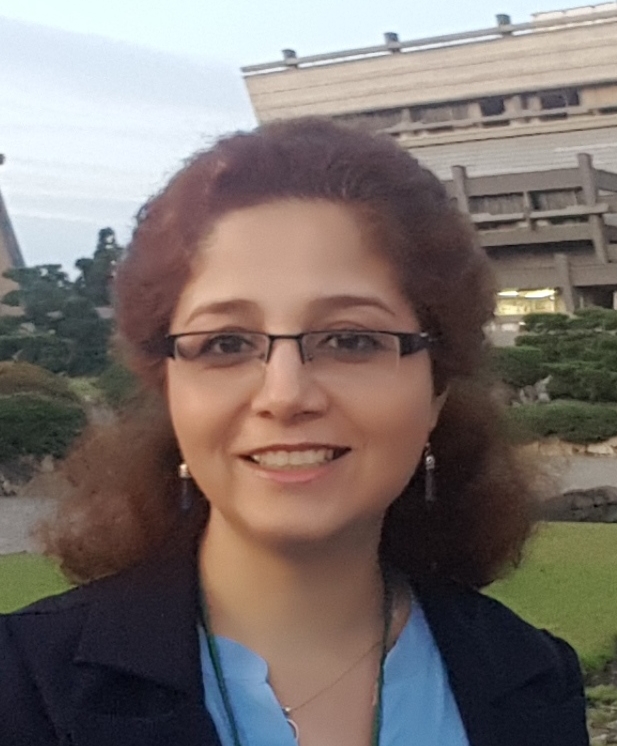
She obtained her PhD degree from Bonn University, Germany, in 2012. Her research area is theoretical physics and cosmology. She is a junior associate of the International Centre for Theoretical Physics (ICTP), Italy, and a TWAS Young Affiliate since 2018. She was a visiting researcher at ICTP South American Institute for Fundamental Research, Brazil, and a postdoctoral fellow of the school of physics at the Institute for Research in Fundamental Sciences, Iran. She is the founder of the "Yar-e-Danesh Fund", which provides financial support to students. She is an executive committee member of Global Young Academy and is on the board of directors of the Iranian Astronomy Society.
Mahmoud, Walaa Saad Hanafy is a researcher/lecturer at the Medical Research Division of the National Research Centre (NRC) in Egypt. 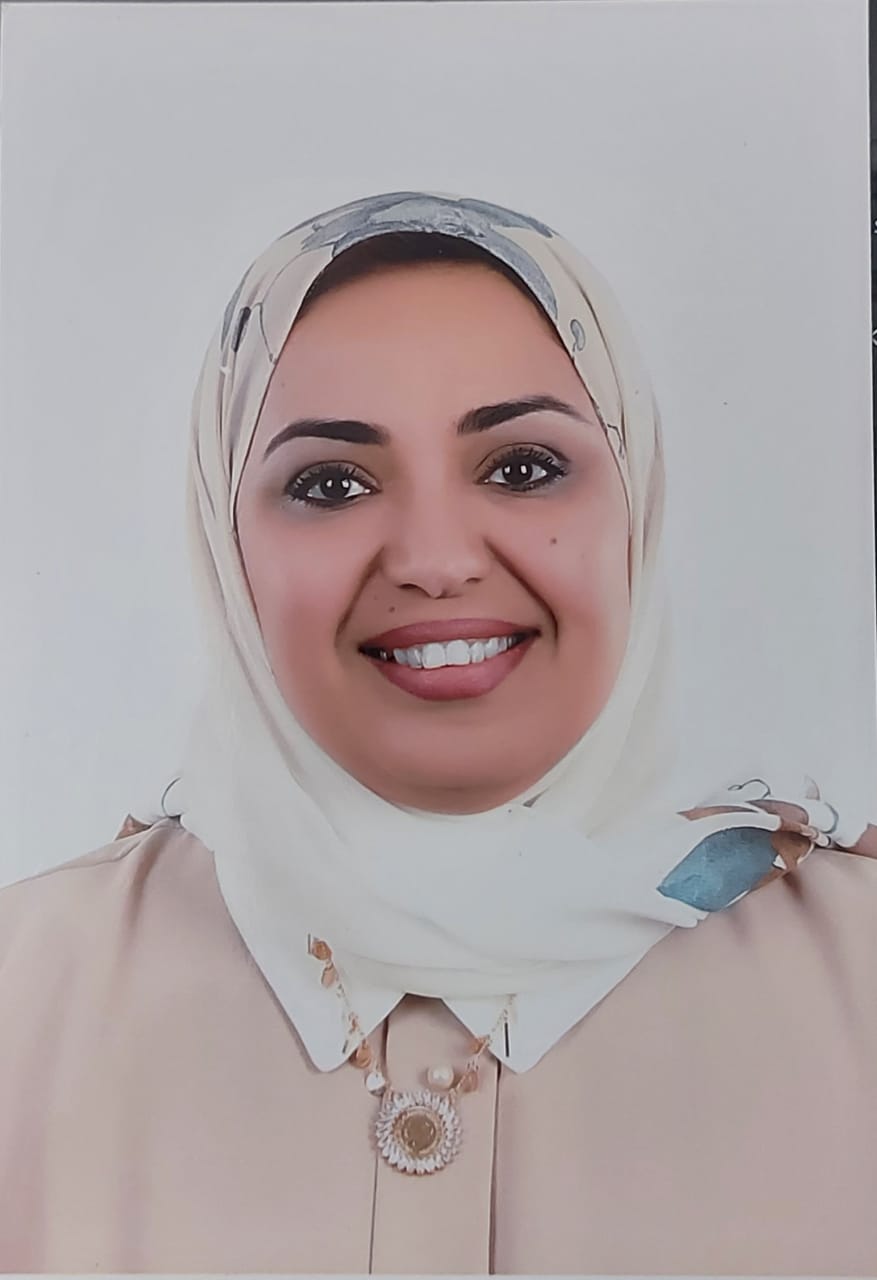
She obtained her MBBCh in October 2002, her Master’s degree in paediatric medicine from Cairo University, Egypt, in 2011, and her PhD degree from Ain Shams University, Egypt, in 2018. She is a member of many national and international scientific projects in the field of public health. She was selected by the Japan Society for the Promotion of Science (JSPS) to participate in the 9th HOPE meeting with Nobel laureates in Tokyo in 2017. She is a fellow of the Indian Council of Medical Research / African Union - Scientific Technical and Research Commission international (ICMR/ AU–STRC), India, 2019. She is also a 2020 AAAS-TWAS Science Diplomacy course alumnus.
Advocacy Campaign
Abdel-Massih, Roula M. is a former professor at the University of Balamand, Lebanon, where she also served as chair of the department of biology (2008-2011). 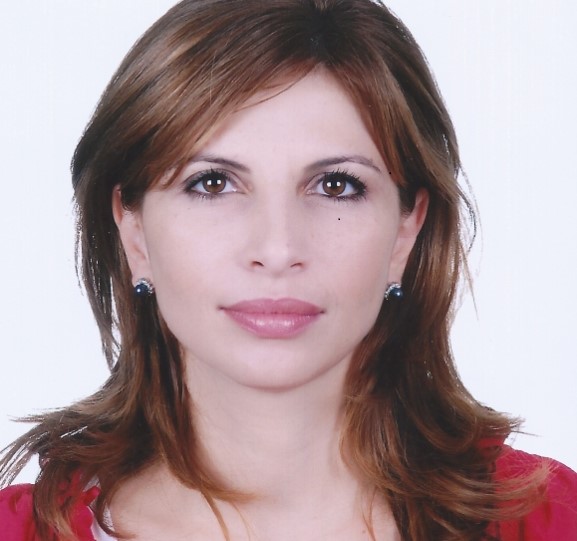
She obtained her BSc and MSc from the American University of Beirut, Lebanon, and a PhD in biological sciences from the University of Glasgow, UK, in 2001. Her primary research focus is on the identification of bioactive (antibacterial and anti-proliferative) components in plant extracts. She is a TWAS Young Affiliate alumna and a member TWAS Young Affiliates Network (TYAN), the Organization for Women in Science for the Developing World (OWSD), and the Academic Society for Functional Foods and Bioactive Compounds (ASFFBC) among other organizations and professional societies. In June 2021, she was selected as an editor for the Functional Food Science Journal.
Petrillo, Enza Roberta is a member of the UNESCO Chair in Population, Migration and Development (Rome Chapter) and a researcher at UNICEF. 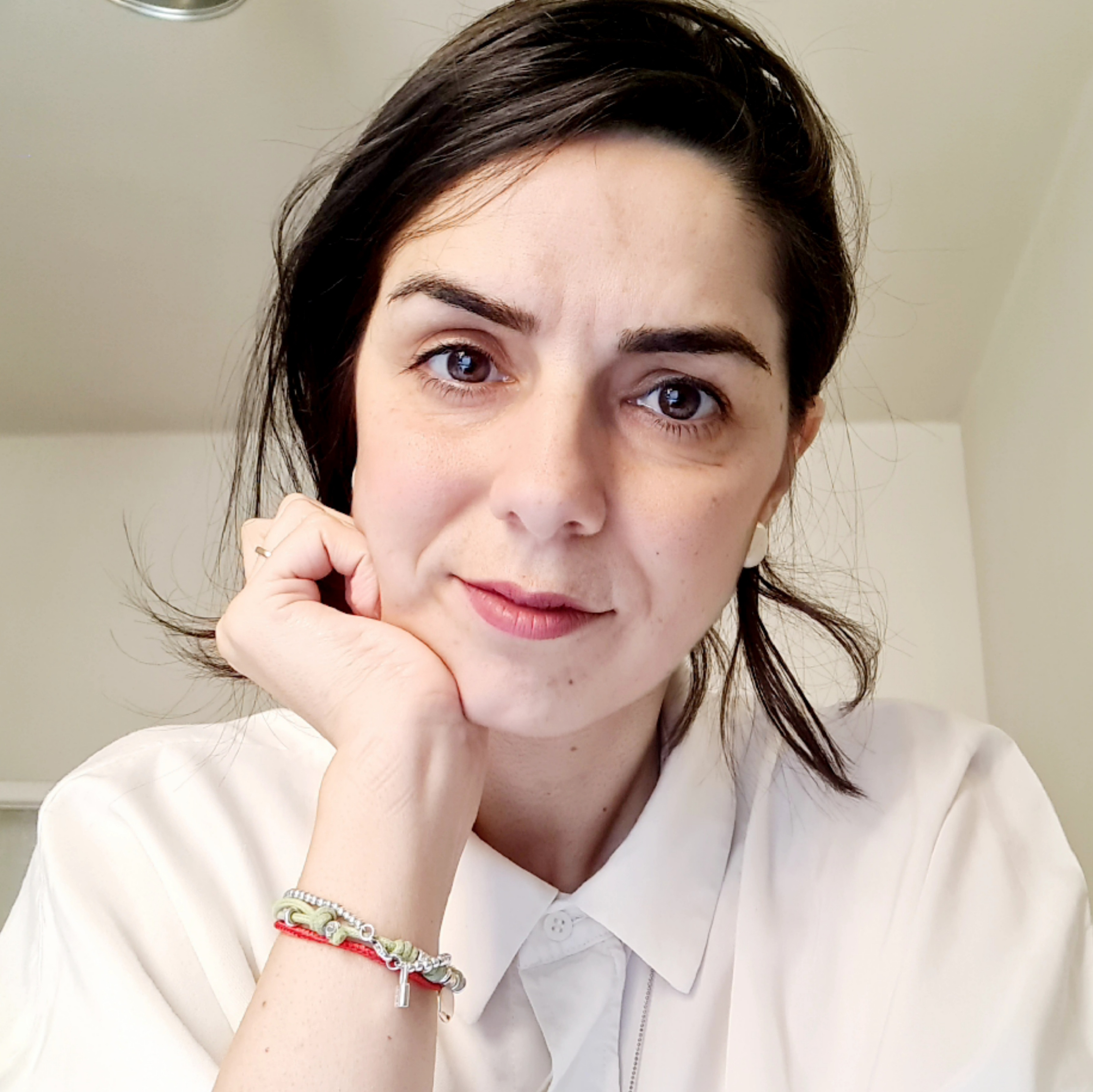
She holds a PhD in development geography (2009) and graduated with honours in Political Science (2003). As an adjunct professor, she has taught Crisis Prevention and Management, Geopolitics and Analysis of Migratory Flows. She is a senior professional in the field of migration and asylum policy and programmes, with an interdisciplinary scholarly background and advanced programme development and management skills in the field of forced migrations and protection of vulnerable groups. She holds long-lasting experience as researcher, policy analyst, lecturer and programme manager and has been working for the academia, NGOs, think tanks, international organizations, and governmental and European Union institutions.
Supporting at risk, displaced, and refugee scientists
Dajani, Rana is a professor of molecular biology at Hashemite University, Jordan, and the president of the Society for Advancement of Science and Technology in the Arab world (SASTA). 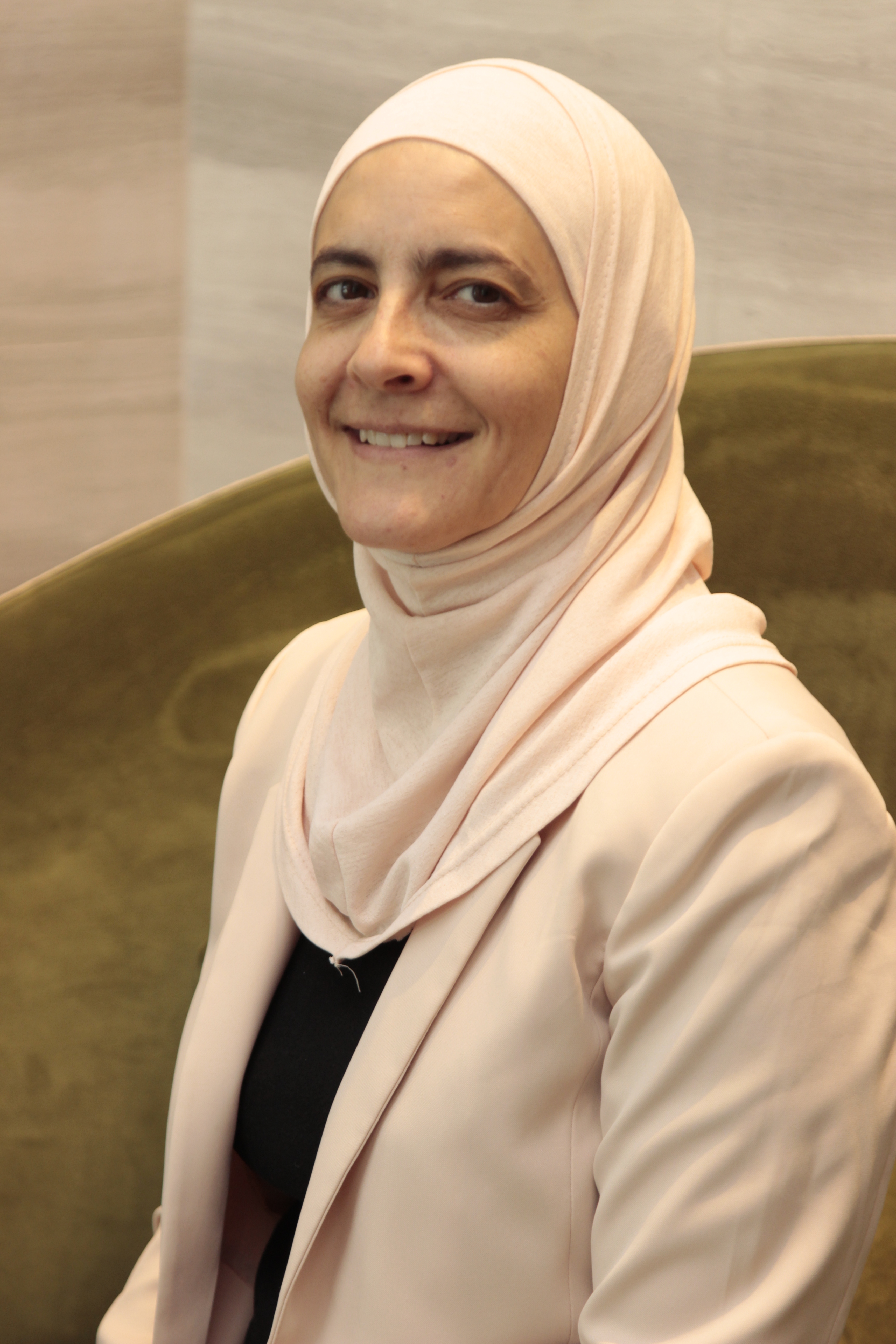
She obtained her PhD in molecular cell biology from the University of Iowa. She is the president of the Society for the Advancement of Science, Technology and Innovation in the Arab World (SASTA) and a member of the UN Women Jordan advisory council. She organised the first gender summit for the Arab world 2017, was a speaker at the World Islamic Economic Forum 2012 and the World Science Forum 2015 and 2017, and has received many awards, including the King Hussein Medal of Honor (2014), the UNESCO International Literacy Prize (2017), the Science, Technology and Innovation Award UN (2019), and the UNHCR Nansen Refugee awardee (2020). She was selected as one of the women of influence in the Arab World in 2021 by the Arabian Business magazine.
Dauqan, Eqbal is an associate professor in biochemistry, currently working at the University of Oslo, Norway. 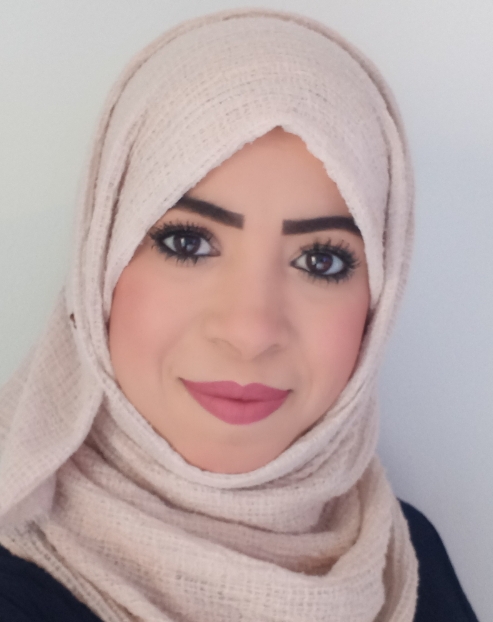
Her main research interest is biochemistry, food antioxidants and nutrition. She was selected as one of five winners of the 2014 Elsevier Foundation Award for Early Career Women Scientists in the developing countries. In 2016, she was selected to be a visiting scholar at the National University of Malaysia (UKM), Malaysia. In 2018 she was appointed as an associate professor at the University of Agder (UiA), Norway. She is also a TWAS Young Affiliate and she won the UiA Cross-cultural Bridge Builder award, 2019.
Mapping and research
Ayeni, Emmanuel Ayodeji is a recipient awardee of CAS-TWAS President’s Fellowship and currently pursuing a PhD degree in medicinal chemistry. 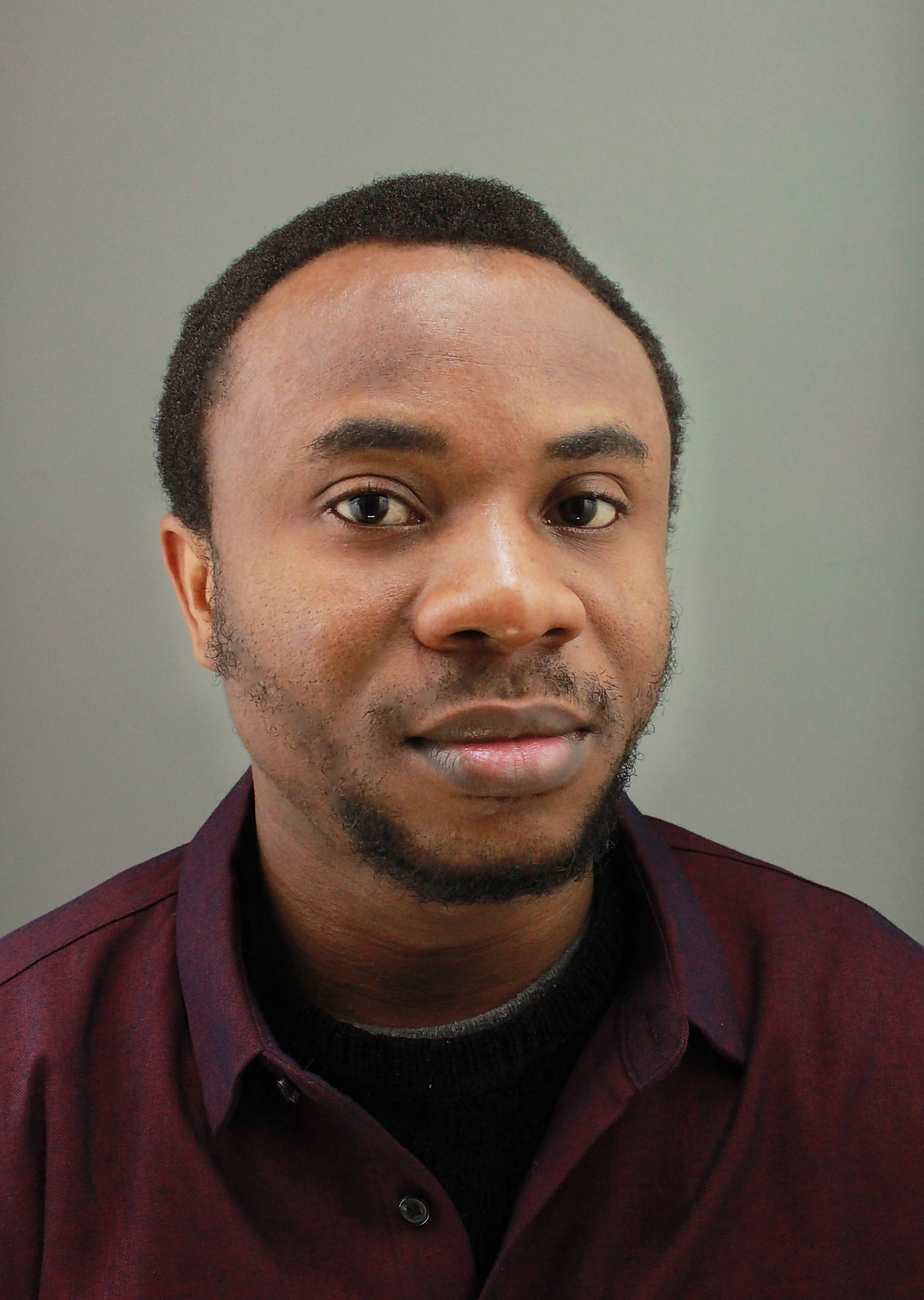
He obtained an MSc in pharmacognosy and drug development from Ahmadu Bello University, Nigeria, and his Postgraduate Diploma in education from the National Open University, Nigeria. He is the lead director of the New Being Foundation, an NGO based in Nigeria/Sub-Saharan Africa, focusing on research and advocacy. He has worked on UK Department for International Development projects in science, education and policy and supported internally displaced people in North-Eastern Nigeria.
Gues, Marion is the European and international affairs officer at PAUSE, the French hosting programme for scientists in exile, since 2020. 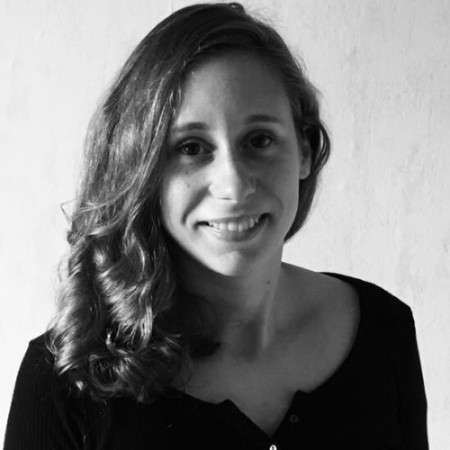
At PAUSE, she manages European and international collaborations and funding and assists scientists in exile to identify host institutions in France. She previously held the position of Science and Innovation Officer at the French Embassy in South Africa, where she was in charge of fostering cooperation between French and South African higher education and research institutions, including developing collaborations between public research and industry. She previously worked at the National Centre for Scientific Research (CNRS) as the cooperation Officer in charge of South-East Asia and China.
